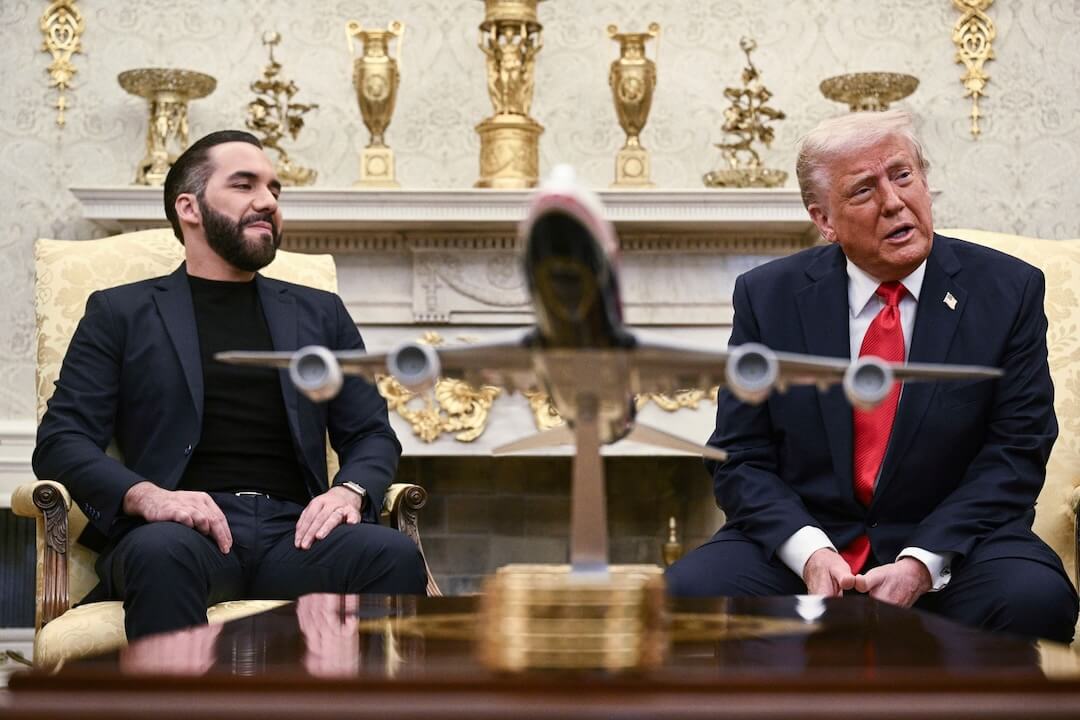The New York Times
In the second installment of AnonyWatch, New York Times public editor Margaret Sullivan turns a sharp eye on the continuing use of anonymous sources in the Times and elsewhere.
She scrutinizes and challenges the use of unnamed sources in reporting on topics large and small, but specifies she is after the kinds of examples that give people a free pass to make “gratuitous anonymous quotations, the kind that allow people to speculate, offer personal criticism or get a self-serving (often political) message out without taking any responsibility for it.”
After hearing from the editors responsible for stories in which anonymous quotes appeared, she sometimes concludes a good case has been made for anonymity; in others, she’s not so sure.
One example: a Democratic lawmakers is quoted anonymously in a Times article describing President Obama as becoming “poisonous” to Democratic candidates running midterm elections. Sullivan writes:
While the quote isn’t a personal smear, it is harsh. I think it runs up against The Times’s own admonition: “The vivid language of direct quotation confers an unfair advantage on a speaker or writer who hides behind the newspaper.”
The Times’ Washington bureau chief, Carolyn Ryan, said the writer of the story tried to get the lawmaker to go on the record with the remark, but was forced to settle for it to be included on background.
Sullivan says while Ryan makes a good case, she remains unconvinced.
Just how many news organizations could stand up to this kind of scrutiny of unnamed sources is an interesting question. Sullivan isn’t the first to cite the damaging effect of anonymity on journalistic credibility and truthfulness, but putting in place AnonyWatch to call out examples on a regular basis is more than worthy of note if not emulation.
Regrettably, many organizations lack the resources to employ a full-time public editor, so what can other organizations do to keep the wolves of anonymity at bay? Several news organizations, The Huffington Post, the Associated Press and others have writers’ guides on when and how to cite anonymous sources. These are worth sharing around the newsroom.
That brings us to Poynter’s own guidance on anonymous sources: Poynter’s Kelly McBride wrote last year that if newsrooms would “limit the use of anonymous sources to watchdog stories that hold the powerful accountable, journalists might gain a bit of credibility with the public.”
It is a high standard that we sometimes fall short of. I wrote a post on CNN layoffs yesterday that used an anonymous source confirming what another media organization had reported on the loss of 16 jobs. Justified? Not if watchdog stories are the only types of journalism for which we should allow unnamed sources. Necessary? I would argue, yes, to get the news out quickly.
But I can be convinced otherwise. Please weigh in.






Comments